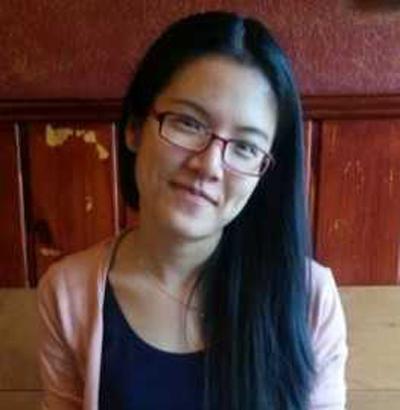
This series features UW doctoral students reflecting on their experiences shadowing faculty at two-year colleges as part of Reimagining the Humanities PhD and Reaching New Publics, a program to develop innovative forms of graduate scholarship and teaching.
As a Mellon Fellow for Reaching New Publics in the Humanities, I’m compelled to ask who the “new publics” are and what it means to “reach” them in concrete ways. This question stems from my skepticism about any self-proclaimed social justice-oriented, institutionally initiated events or programs. As a woman of color, a first-generation college student, and an international graduate student in the US, I frequently come across scenarios in which diversity is superficially celebrated, cultural or communal differences are fetishized, and the disenfranchised are further marginalized.
My immersive experience at Seattle Central is shaping my answer to this question—and helping me realize that there are educational contexts and possibilities that might exceed the superficial celebration and continued marginalization of minoritized populations. As I walk through the two campus spaces, a community college and a prestigious research university, I see some obvious differences: the small urban campus space of Central stands in marked contrast with the larger UW campus next to the waterfront. There is a noticeably higher ratio of students of color at Central. There are fewer appearances of shiny MacBooks in the classroom at Central. Topics that many students and instructors at UW shy away from come up very naturally during a class discussion at Central: “I don’t understand why I am followed every time in a grocery store. It’s frustrating that I have to go there with a senior like my father.”
Different student demographics often lead to different pedagogical concerns and allocation of institutional resources. What is often theoretically examined and has to be intentionally brought to attention at UW campus are the lived, everyday realities of most students at Central. How can these two educational contexts help inform each other?
Interacting with my mentor Phebe Jewell (English, Seattle Central College) is a thought-provoking beginning answer to this question. As a responsive teacher and active member of the Seattle Central community, Jewell is very invested in nurturing and advocating for students who are historically marginalized (i.e. international students, first generation college students, students of color, queer and transgender students, veterans, students who have been incarcerated or had dealings with the criminal justice system, students who have been in the foster care system). She pours a lot of thought into her classroom to make it a safe and intellectually stimulating space and demonstrates what a good ally can look like. The professional and personal experiences that brought her—a white middle-class woman—to a place of solidarity with the historically disenfranchised also illustrate for us the understanding, trust, and empathy needed to form partnerships in tackling educational inequality.
The Reaching New Publics program allows developing scholars and teachers like me to learn more about the nuances of researching and teaching in a two-year college context. Being in contact with an environment with significantly higher ratio of faculty of color also helps me re-vision myself as a woman of color in academia, a graduate student in the humanities, a writing/composition professional, and a young scholar who is interested in making learning environments more inclusive to all students.
Zhenzhen He-Weatherford (she/her/hers)
Zhenzhen He-Weatherford was a 2017-2018 Mellon Collaborative Fellow for Reaching New Publics. Her scholarly interests include critical multiculturalism, critical pedagogies, multimodal composition, and translingualism. She is professionally invested in pedagogies that foster an inclusive learning environment that honors the diverse linguistic, cultural, experiential, and technological knowledge of students, making it an asset to their educational accessibility and success in college and beyond.
